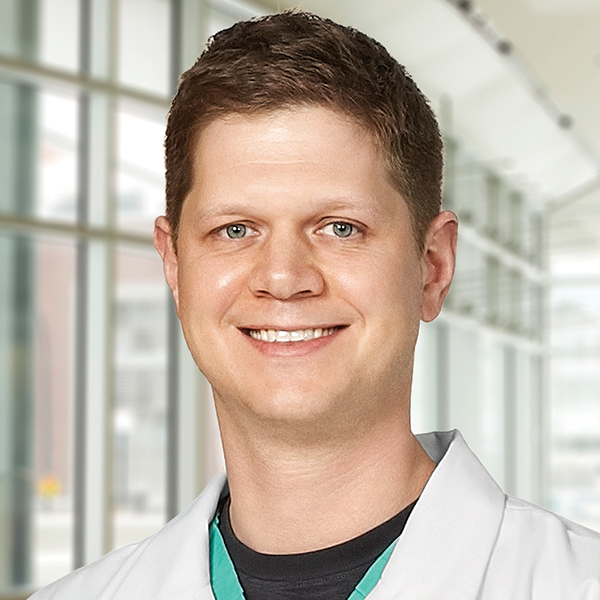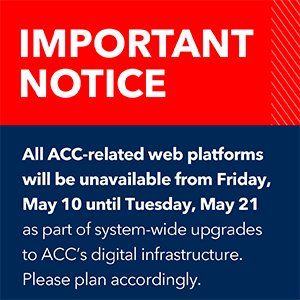Physician Wellbeing

Provider wellness and avoiding burnout have recently received growing attention within the ACC and across all of medicine. Perhaps the origins of this attention can be traced to limit trainee work hours, something many Early Career have members lived through. However, the scope of these considerations has expanded, and many health care provider organizations have changed strategic plans from "triple aims" to "quadruple aims," the newest being provider wellness.
Despite this growing awareness, there is little consensus about what constitutes wellness, how to identify a lack of it, and most importantly, how to improve it. The ACC Early Career Section and Council have decided to start sharing strategies that have worked for us – for no other reason than to begin compiling stories we could learn from as a group.
I just started my sixth year in practice. Along with a growing clinical and administrative workload has comes a growing family. I am part of a big institution, and opportunities within it and outside of it are ever-present. As the to-do list grows at work and home, a perpetual feeling of needing to catch up sets in.
My experience certainly is not an isolated one. In fact, it is more common than uncommon. We land in this profession because we seek challenges, have the drive to succeed, and derive satisfaction from interfacing with our professional community and patients. Balancing these aspects of work while maintaining some of the identity that preceded our time in medicine is the challenge. Though far from figuring all this out, here are some things that have worked:
Take your vacation. After three years in practice, my vacation had accumulated to the point that I was losing it or giving it away to those that needed the time. No one was advising me not to take vacation, it was simply the excitement of being new in practice, wanting to do a good job and the opportunity to do new things. Again, I am sure this characterizes most of us in early practice. I am fortunate enough to work with a close-knit group that emphasizes family. More than one of my partners realized this, pulled me aside and said rather directly that I should use time to be with family. Two years ago, we (as a family) sat down on Jan. 1 with a calendar that occupied the large portion of our kitchen wall. We marked time off and planned the year in big red letters. That calendar stays on the wall year-round. Hard day at work? I can see it from the dinner table. It represents every day, a years-worth of balancing work and family time.
Pay yourself first. I used to try to exercise in the basement with new equipment and some popular programs. However, every time I tried to exercise, at least one of the kids would run in and jump on my back or grab my leg wanting to play. I then moved it out of the basement and started going after work, but that simply delayed the time to get home. I found myself arriving in time for dinner, only then to put the kids to bed. The first thing to go when work becomes busy, and certainly when family needs time, is something like exercise. A solution? Before work. I have a neighbor with a schedule as busy as mine and a growing family. He wakes up at 5 a.m., exercises and then heads to work, all before the stresses of the day and before the kids are awake enough to tackle.
Away from work, be in the moment. Few of us get hours a day with our family. At times, I will be talking with my kids and responding to a text or email, being pulled in different directions. Maybe Uno does not hold the excitement of an acute myocardial infarction, but there is a different type of joy there. We are not programmed to necessarily enjoy sitting still, but there is a type of calm that can follow from this. Call it what it is: kid (family) time. Be there for it and put the phone down.
While these are some things that come to mind when achieving physician well-being, I cannot say all of them are habits yet. However, when I do a good job at them, I am more clearheaded and effective at work, make lasting memories with family, and am more satisfied with the balance between work and home.
This article was authored by Scott M. Lilly, MD, PhD, FACC, interventional cardiologist at the Ohio State University and chair of the Early Career Section Leadership Council.

